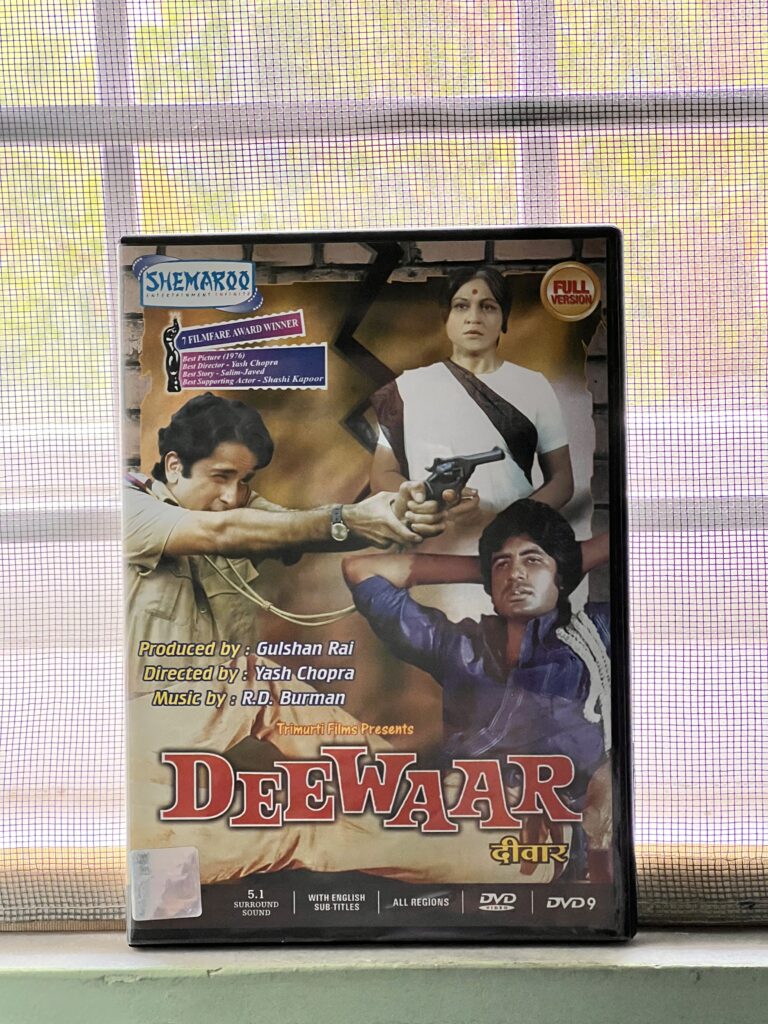
Mackenna’s Gold is an adventure film released during a time when the technical limitations of filmmaking were more pronounced. However, despite these constraints, the movie manages to create an immersive experience through its captivating storyline and engaging characters. Drawing upon Joseph Campbell’s hero progression, the protagonist’s journey in Mackenna’s Gold reflects a profound philosophical exploration of the reluctant hero archetype.
At the heart of the story lies a protagonist who resists his calling, embodying the essence of the reluctant hero. Initially, he doesn’t want to be a part of the mission, as he is content with his current circumstances and does not seek adventure or glory. This internal conflict adds depth to the character, as it highlights the tension between personal desires and the call to fulfill a greater purpose.
Joseph Campbell’s hero progression, which encompasses various stages of the hero’s journey, offers a philosophical lens to analyze the protagonist’s transformation. The protagonist’s reluctance and initial resistance align with Campbell’s “Refusal of the Call” stage. Here, the hero hesitates to embrace the challenges ahead, clinging to the familiar and the comfortable. This refusal, however, sets the stage for personal growth and discovery.
As the story unfolds, the protagonist’s true character becomes a guiding force that saves him in the end. Remaining steadfast and true to himself, he navigates the treacherous canyon and passageway in the hills, defying the warnings of the wise Apache old man. This aspect embodies Campbell’s notion of “The Hero’s Ordeal,” where the hero faces trials that test their resolve and character. By adhering to his principles, the protagonist not only overcomes the physical obstacles but also triumphs over his internal struggles.
In a beautiful symbolic twist, the pot of gold at the rainbow’s end serves as a fitting reward for the protagonist’s journey. This evokes the idea of the hero’s ultimate boon, as described by Joseph Campbell. The treasure represents not only material wealth but also the fulfillment of the protagonist’s inner desires, acquired through his transformative journey. It serves as a reminder that the hero’s quest is not solely about external accomplishments but also about the discovery of self and the realization of one’s true potential.
Despite the technical limitations inherent to the time it was made, Mackenna’s Gold manages to incorporate these philosophical elements, offering a thought-provoking exploration of the reluctant hero archetype within the framework of Joseph Campbell’s hero progression. This convergence of storytelling and philosophy elevates the film beyond its technical shortcomings, making it a captivating and enduring cinematic experience.

